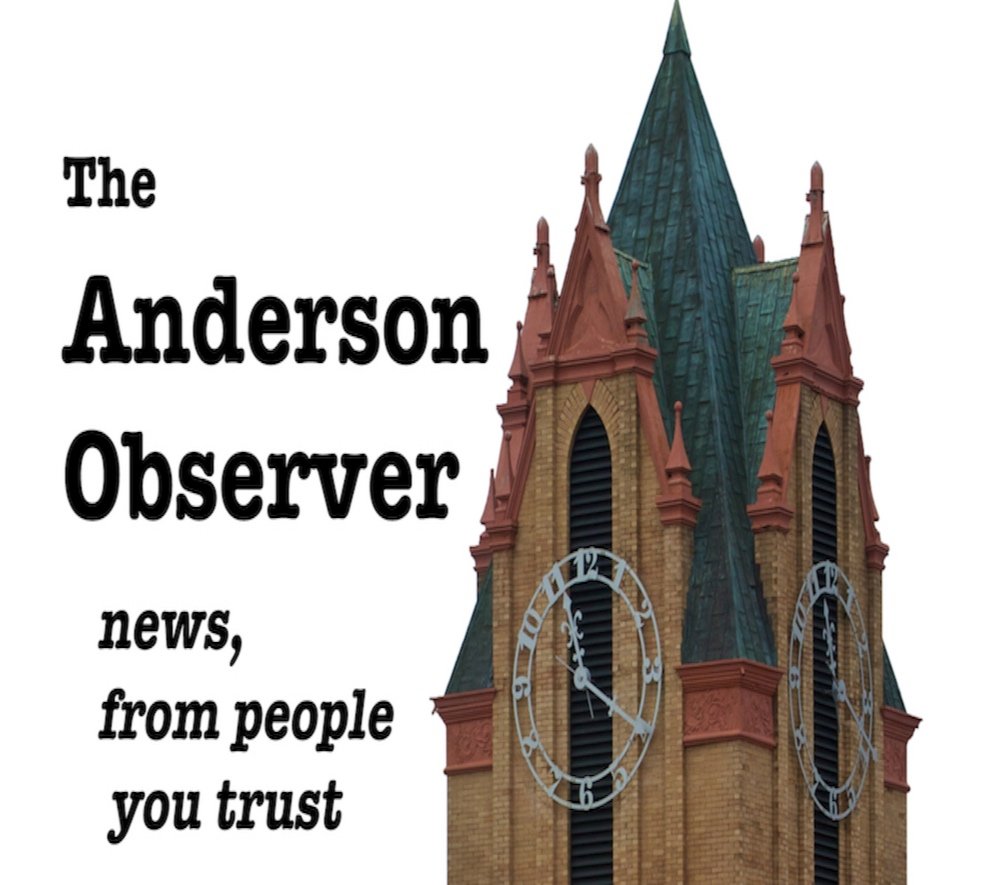Resurrecting the Importance of Pearl Harbor Day
Greg Wilson/Anderson Observer
When I started school in the 1960s, early December was a fidgety time of excitement for the upcoming Christmas break, with time set aside for decorating our classrooms with mostly student-created icons of the holiday pinned to bulletin boards or taped on doors, windows or the windowsills. If you were lucky, the teacher added a few sprays of canned “snow” to frost the windows.
But December also brought a solemn remembrance of the “Day which shall live in infamy.”
Pearl Harbor Day was a time of education, reflection and even prayer not only in the classroom, but in civic events, media reports and even many churches.
As we mark the 83rd anniversary of the last time a foreign nation attacked American soil, the lessons of the day are as important as ever.
The surprise attacks by Japan, which is 4.000 miles from Hawaii, on the U.S. fleet at Pearl Harbor led to the United States entering World War II, and killed at least 2,400 Americans and wounded 1,700 others. The U.S. lost nearly 20 ships and 300 airplanes.
President Franklin D. Roosevelt addressed the nation at a joint session of Congress the next day calling December 7 “a date which will live in infamy” and called on legislators to approve a declaration of war against Japan.
In the wake of the attack, prejudice-fueled rumors spread about Japanese-Americans sabotaging the war effort. Many American media outlets, including Fortune, painted a racist picture of the enemy as well as Japanese immigrants and their American-born children living in the U.S.. Time magazine published “How to Tell Your Friends from the Japs” two weeks after the Pearl Harbor attack, outlining the differences between stereotypes of Chinese and Japanese people.
The New York Times also contributed to anti-Japanese rhetoric, explaining how the Japanese “have kept their savage tradition 'unbroken through ages eternal,’ from the fabulous age of their savage gods to the present day," as did Newsweek and the Los Angeles Times.
Hollywood also participated in the response with films—such as those by director Frank Capra, who is known for “It’s a Wonderful Life “and “Mr. Smith Goes to Washington”—that included racist anti-Japanese propaganda despite being presented as documentaries.
Two months after the attack, President Roosevelt signed Executive Order 9066, which initiated an evacuation of all Japanese-Americans from the West Coast of the U.S. This resulted in the creation of internment camps across the country where approximately 120,000 people, many American citizens, were held for years during World War II in a serious violation of their civil liberties.
Despite this terrible misstep, which should not be forgotten, Roosevelt’s call to action was resolute: “With confidence in our armed forces, with the unbounding determination of our people, we will gain the inevitable triumph — so help us God.
And what we now refer to as the “Greatest Generation” did exactly that, saving the world from tyranny in the process. They then returned home to fuel the greatest period of prosperity in the nation’s history.
Almost all of that generation is gone, and it is up to the rest of us to carry the torch in a world that is starkly different. Japan is one of our nation’s greatest allies. We are also now allies with Germany and Italy, along with many other European nations.
But some things never change. Expansionist-minded dictators are still at the helm of many nations, including Russia, posing a threat to our allies, democracy and freedom and safety.
Islamic extremists and the nations that fund and support them add a new threat to stability and peace in the world.
Veterans of World War II and even other wars our nation has fought must watch with blood-boiling anger as they see some Americans parade through streets or staging rallies carrying Nazi banners, chanting slogans and saluting the swastika.
But the wisest among them understand, as despicable as such displays might be, it was for the freedom of expression of all that they fought on foreign soil to preserve and defend America’s ideals.
As FDR said in a 1943 speech made when the outcome of World War 2 was far from decided: "We have faith that future generations will know here, in the middle of the twentieth century, there came a time when men of good will found a way to unite, and produce, and fight to destroy the forces of ignorance, and intolerance, and slavery, and war."
Maybe among the clamor to teach more about U.S. history, Pearl Harbor Day can be a conduit for remembering what happened and what America can and will continue to learn from that event and the war that followed.
